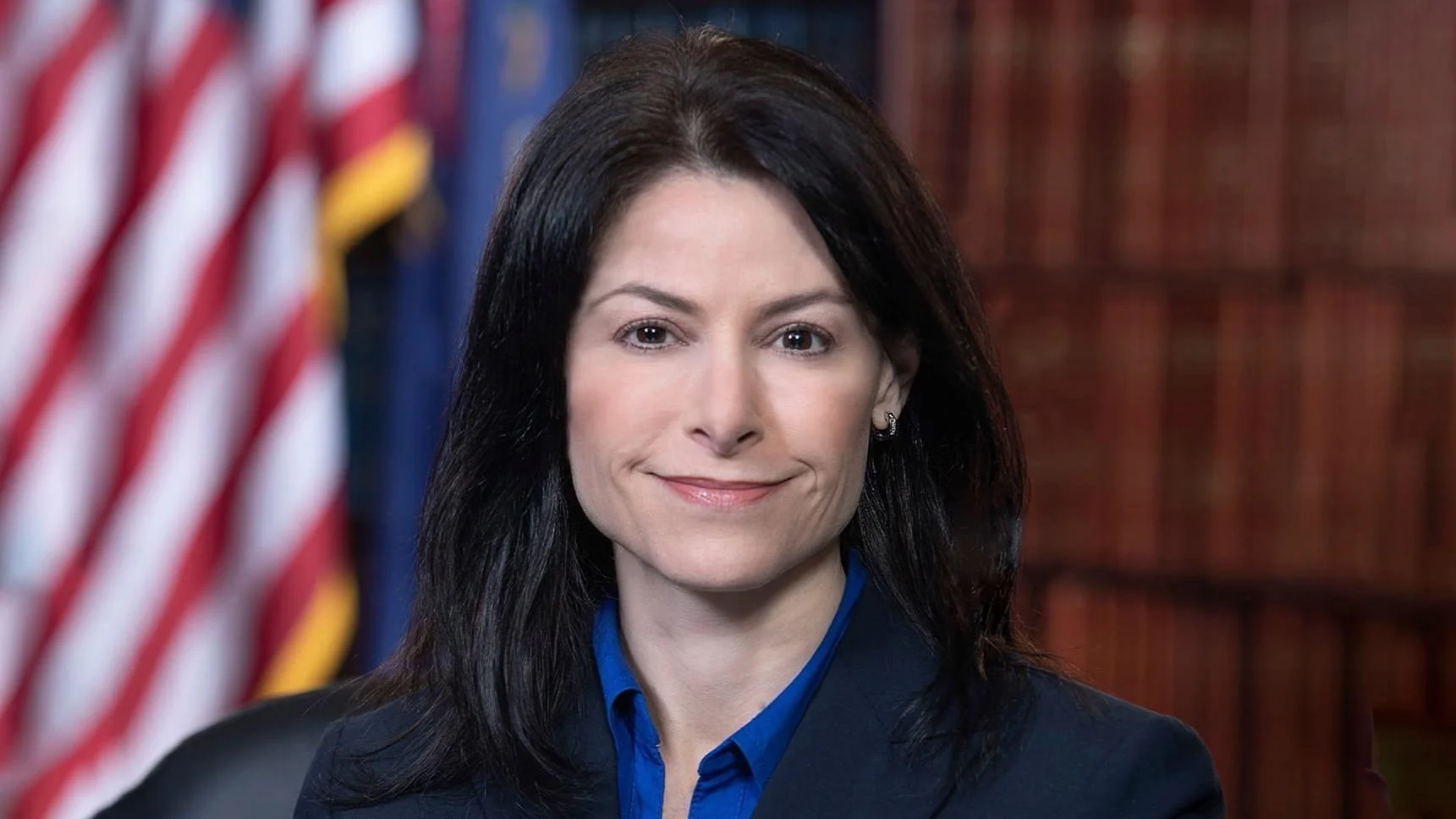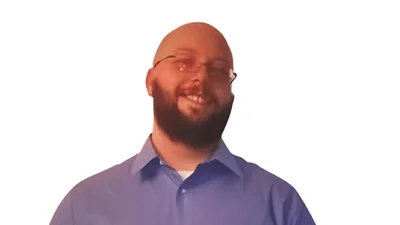Dana Nessel, Attorney General of Michigan | www.facebook.com
Dana Nessel, Attorney General of Michigan | www.facebook.com
Michigan Attorney General Dana Nessel has joined a coalition of 22 other attorneys general in asking the Supreme Court to review a lower court ruling that prevents individuals from suing to enforce Section 2 of the Voting Rights Act (VRA). The group filed an amicus brief in the case Turtle Mountain Band of Chippewa Indians v. Howe, arguing that private citizens must be able to challenge voting practices they believe are racially discriminatory.
The Voting Rights Act was passed in 1965 to protect Americans from having their voting rights denied or limited because of race. Section 2 prohibits state and local governments from creating policies that discriminate based on race. For nearly six decades, both the U.S. Attorney General and private citizens have been able to file lawsuits under this section.
In 2022, voters and two tribes challenged North Dakota’s legislative map under Section 2, claiming it diluted Native American votes. A district court agreed, but the Eighth Circuit Court of Appeals reversed that decision, ruling that only the U.S. Attorney General—not private individuals—could bring such lawsuits in its jurisdiction. This interpretation is unique among federal circuits and would affect seven states covered by the Eighth Circuit.
The Supreme Court has temporarily paused enforcement of this ruling while considering whether to take up the case. The plaintiffs have asked for a full review and reversal by the Supreme Court, with support from Nessel and her colleagues.
“If individuals are stripped of their ability to enforce the Voting Rights Act, everyday Americans will have little control in protecting their own right to vote,” Nessel said. “Relying only on the U.S. Attorney General to bring these cases puts communities at the mercy of political officials, and I urge the Supreme Court to review this decision to preserve the fundamental protections of our democracy.”
The attorneys general argue in their brief that most enforcement actions under Section 2—over 90% since 1982—have come from private parties rather than federal officials. Between 1982 and 2024, private citizens brought more than 1,300 challenges compared with just over one hundred by the U.S. Attorney General during that period.
Nessel was joined in filing by attorneys general from Arizona, California, Colorado, Connecticut, Delaware, District of Columbia, Hawai’i, Illinois, Maine, Maryland, Massachusetts, Minnesota, Nevada, New Jersey, New Mexico, New York, North Carolina, Oregon, Rhode Island, Vermont, Washington and Wisconsin.





 Alerts Sign-up
Alerts Sign-up